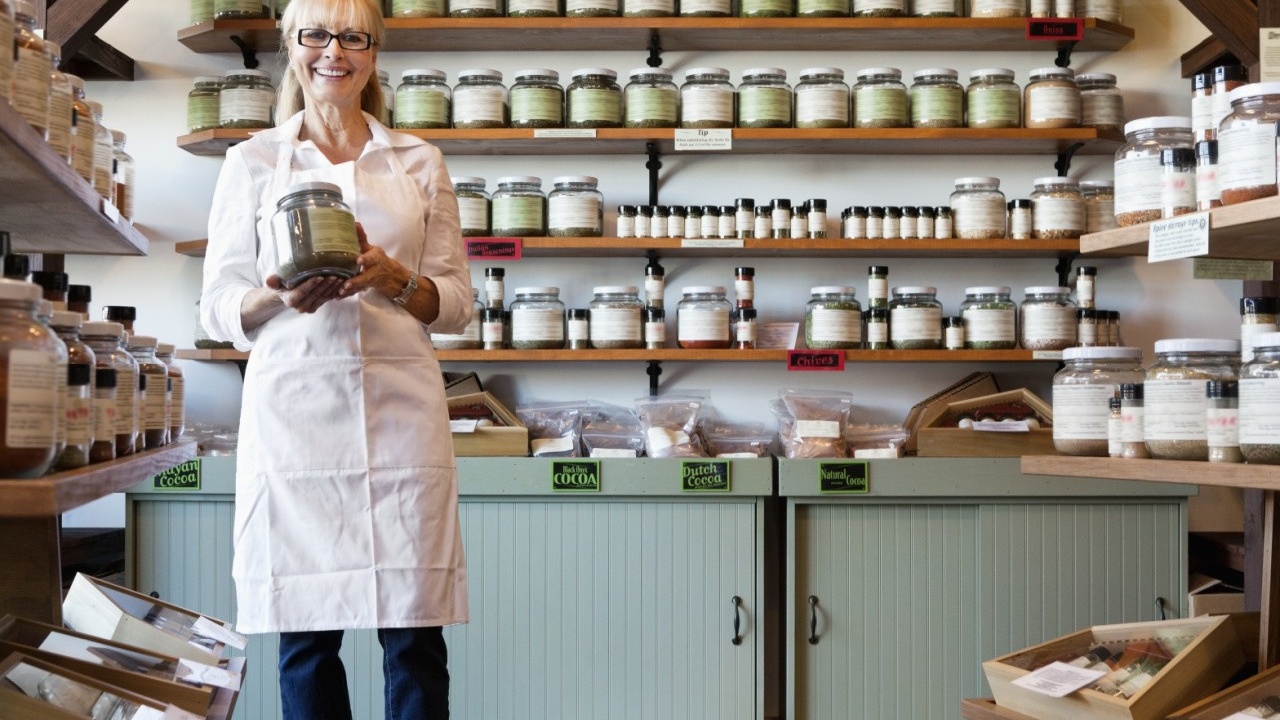Reduce Stress With Adaptogens

Listen on The Extraordinary Life Podcast Instead
I'm back from my road trip and was all ready to get my son off to his first day of school and get to work on my next podcast on motivation, when he tested positive for Covid. Not a great way to start out, but suddenly his previous congestion and my own headache and fatigue made sense. I’m still testing negative but am not overly energetic, certainly not enough to record a podcast on motivation!
My go-to when I’m not feeling well is to focus on my health, which makes sense because physical health is an important part of motivation. I've been making sure to get plenty of sleep, drink lots of water, and eat an abundance of fresh local fruits and veggies. Another tool I use to increase my energy is adaptogens.
Adaptogens are plants and mushrooms that help your body respond to stress, anxiety, fatigue, and enhance overall wellbeing. Not a bad thing for anyone to have in their toolbox, especially (in my opinion) women. About four years ago, I interviewed the herbalist Paula Grainger about adaptogens, and I re-listened to it this morning. It’s still very relevant and has great insight on how to use adaptogens and herbal remedies to improve your health.
Listen to the interview on The Extraordinary Life Podcast for all the nuggets of wisdom, or catch the highlights below.
What Are Adaptogens?
Most people in Western cultures associate herbs and plants with one main benefit or attribute, like mint for an upset stomach or chamomile to help you sleep. Herbs and plants actually have a lot of different properties, including adaptogens, which help the body deal with stress. Adaptogenic plants and herbs were often used in ancient cultures, and have great value today for dealing with the prolonged stressors we experience in our everyday lives.
How Do You Use Adaptogens?
Paula has a degree in clinical herbal medicine and loves to connect people with the power of plants and herbs. She may recommend tinctures, capsules, or integrating specific foods to her clients, but it can be very nuanced. Since each plant can have many effects/actions, she spends time getting to know each client before suggesting the best combination of plants to them.
Adaptogens can be found in many of the foods we eat already (like turmeric), as well as in many health food stores, but it’s important to know the properties before you jump into adaptogens head first. For example, ashwagandha is very nourishing, and is great to help with an underactive thyroid; thus you wouldn’t want to use it if you have an overactive one!
In our interview, Paula notes that more isn’t always better, and that she believes in integrative medicine. Establishing good communication with the professionals supporting your health is important.
Choose the Right Adaptogens For You
If you’re curious about finding the right adaptogens for you, Paula has several tips:
- Read Books. Yes, the internet is full of information, but nothing beats a well-researched book by someone who works in the field. In her book Adaptogens: Harness the power of superherbs to reduce stress & restore calm, Paula teaches about the different adaptogens and information about choosing the right ones for you.
- Consult a Professional. It’s always great to ask someone who knows what they are doing, especially when it comes to your health! Look for courses, workshops, and 1:1 consultations, either online or in-person. Thanks to Zoom, it’s easier than ever to get your questions answered.
- Be Patient. We are used to things working quickly. Take an Advil, and the headache goes away. Take antibiotics for a week, and you’re all better. Paula notes that while these things work fast, it’s usually because something else has been shut down in your body. For example, antibiotics harm both bad and good bacteria. Adaptogens work to bring your body back into balance, and work subtly over time.
- Choose Quality. When using adaptogens, look for quality suppliers. Not every country has the same rules about labels or organic standards, so use your common sense and do your research.
Paula’s website is a great place to start, and has recipes, information, and education to get you started on your adaptogen journey. And if you’re looking for help with motivation, I’ve got you covered! Let’s connect for a FREE consultation to see where you’re stuck, and how I can help.
Stay connected with news and updates!
Join my mailing list to receive the latest news and updates and get my new Good Morning, Good Night Ritual Guide.
Don't worry, your information will not be shared.

